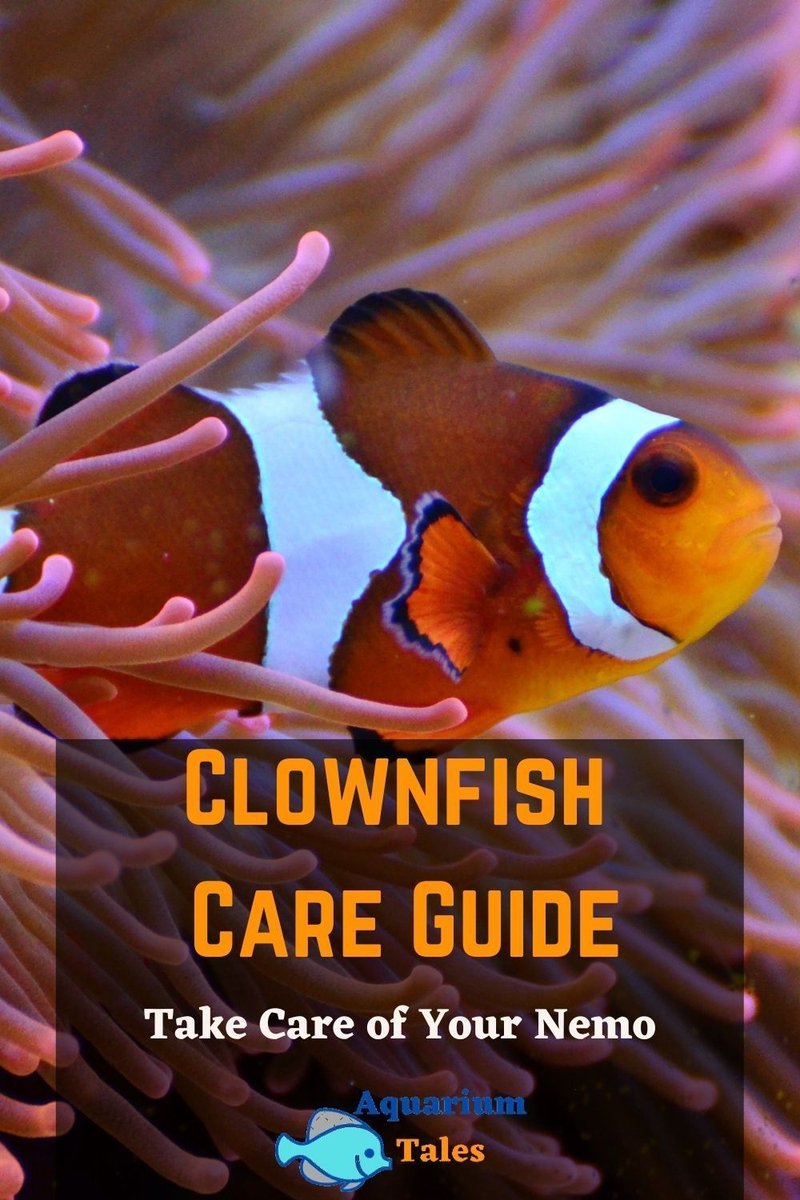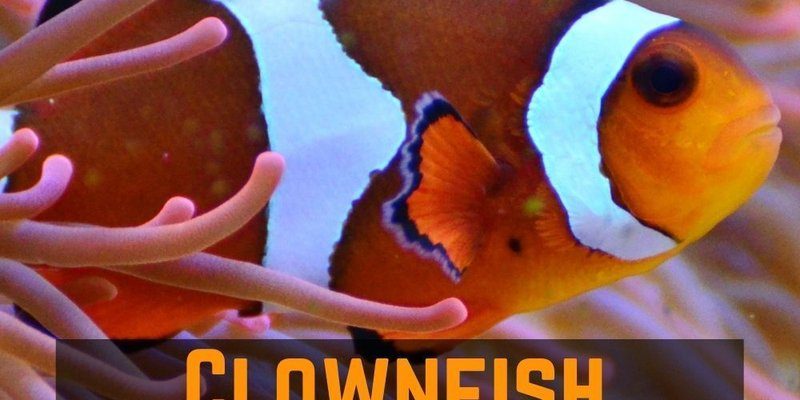
Picture this: diving into a coral reef, surrounded by colorful fish and gentle waves. In your own home, you can recreate that magic with a well-maintained saltwater aquarium. Clownfish, with their bright orange bodies and white stripes, are often the stars of these setups. Just like any good pet, they require a specific habitat and care routine to thrive. So, let’s explore how to create the perfect environment and care for your clownfish, making both you and your little aquatic buddy happy.
Setting Up Your Saltwater Aquarium
Starting with the basics, your first step is setting up a saltwater aquarium. A good rule of thumb is to aim for at least 20 gallons of water. This gives your clownfish enough space to swim and explore. Smaller tanks can lead to stress and health problems.
Choosing the right equipment is essential. You’ll need a quality filter to ensure clean water and a heater to maintain a stable temperature around 75°F to 82°F. Don’t forget to add a saltwater test kit to monitor the salinity and pH levels. For clownfish, aim for a salinity of around 1.020 to 1.025 specific gravity.
Beyond equipment, think about decorations. Adding live rock not only gives your clownfish places to hide and play but also helps establish beneficial bacteria essential for a healthy tank. Consider introducing some soft corals or anemones if you want to get fancy. They might just become your clownfish’s new best friends!
Water Quality and Maintenance
Here’s the thing about saltwater aquariums: maintaining water quality is crucial. Clownfish thrive in clean, stable environments. Start by performing regular water changes—usually about 10-15% a week. This keeps nitrates and other harmful chemicals at bay.
Test your water weekly until you get a handle on your tank’s cycling. Look out for parameters like ammonia, nitrite, and nitrate levels. Ideally, ammonia and nitrites should be at 0 ppm, while nitrates should stay below 20 ppm.
If you notice spikes in these levels, it could mean your tank needs more filtration or that it’s not fully cycled yet. Be patient! It can take several weeks for beneficial bacteria to establish. And don’t hesitate to ask for help from fellow aquarists if you run into troubles.
Feeding Your Clownfish
Feeding your clownfish is an enjoyable part of their care. They are pretty easy to please, as they’ll accept various foods. Here’s a list of great options:
- High-quality pellet or flake food specifically designed for marine fish
- Frozen or freeze-dried food, like mysis shrimp or brine shrimp
- Fresh seafood, like finely chopped shrimp or scallops
Aim to feed them twice a day, giving only what they can eat in a couple of minutes. Overfeeding can lead to water quality issues and obesity, so stick to smaller amounts. You might be wondering about their feeding habits; clownfish are generally quite enthusiastic eaters, so it’s fun to watch them in action!
And don’t forget variety! Just like humans, they enjoy different tastes. Mixing their diet will keep them healthy and satisfied.
Behavior and Social Needs
Clownfish are social creatures and usually do better in pairs. If you decide to keep more than one, it’s essential to introduce them correctly. Start with a larger female and a smaller male. They often form a bond and establish a pecking order, making for fascinating interactions.
You might also notice your clownfish getting a bit territorial, especially if there are any potential intruders in the tank. They may chase away other fish that get too close to their favorite hiding spots or anemones. This behavior is totally normal! It’s part of their charm.
Keep in mind; they thrive in a space that mimics their natural habitats, such as rocky crevices and anemones. Providing both will not only keep your clownfish happy but also reduce stress.
Health Issues and Troubleshooting
Unfortunately, like any pet, clownfish can face health issues. One common problem is ich, a parasitic infection that presents as white spots on their bodies. If you notice this, you’ll need to act fast. Quarantine affected fish and consider treating them with a medicated bath designed for marine fish.
Another issue is poor water quality, which can lead to stress or illness. Always keep an eye out for unusual behavior—like scratching against surfaces, lethargy, or loss of appetite—as these are signs of distress.
Regular tank maintenance and a good diet can help prevent many health problems. Should issues arise, don’t hesitate to consult with a vet who specializes in fish. It’s better to address problems early rather than waiting for them to escalate.
Creating a Friendly Environment
A clownfish’s environment can significantly impact its health and happiness. They need plenty of hiding spots and places to explore, so think about adding materials like live rock, plants, or even an anemone. Not only will this create a vibrant atmosphere, but it will also provide your clownfish with a sense of security.
Lighting is another crucial aspect. Use a timer to simulate day and night cycles, usually 8-12 hours of light per day. Many fish thrive under specific light conditions, and clownfish are no exception. A well-lit tank will also encourage growth in any corals or plants you have inside.
Keep an eye on tank mates, too. Not every fish gets along, so it’s essential to choose peaceful species that won’t bully your clownfish. Some of the best tank mates include gobies, blennies, or other non-aggressive small fish.
Caring for a clownfish in a saltwater aquarium can be a rewarding experience. With a little effort and attention to detail, you can create a beautiful, thriving environment for your new aquatic friend. Remember, it’s all about balance: maintaining water quality, providing a proper diet, and creating a friendly atmosphere will ensure your clownfish has a long and happy life.
So, as you embark on this underwater adventure, enjoy the process! Watching your clownfish swim and interact is incredibly satisfying, and you’ll be surprised how quickly they become a beloved part of your home. Whether it’s their playful antics or their vibrant colors, there’s always something special about clownfish that keeps us coming back for more.

